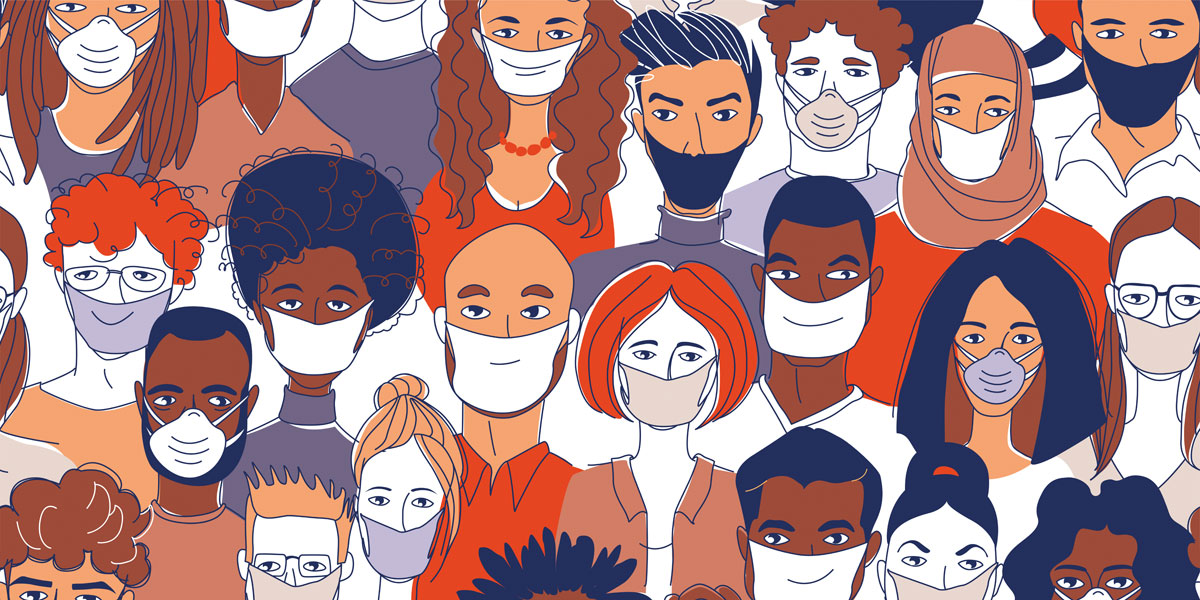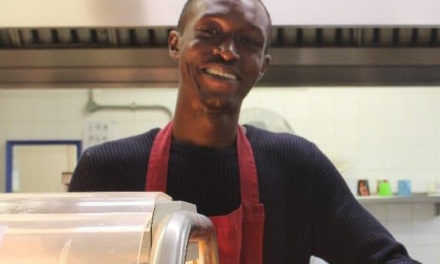During a global pandemic, most of us accepted change early on, others stayed in denial a little longer, and some are still stuck in a parallel world thinking everything will go back to normal.
As many nations work on relaxing lockdowns, some are thinking about when they can stop working at their home office or kitchen tables and return to work, while others might want to stick to their new routine. But despite the uncertain times, experts say what is certain is that we’ll all be returning to a life much different than before. How would that look like exactly? Here’s a roundup of three big changes you can expect.
Opt-In to Work from Home
According to a Gallup poll, early this April, 62 per cent of employed Americans worked at home during the global crisis, compared with about 25 per cent a couple of years ago. Tech giants like Twitter, Google and
Facebook announced during the pandemic that they are moving much of their staff on a permanently remote basis, giving them a better work-life balance. Remote work can allow employees to save time and money by living in more affordable locations, based on what is best for their children’s education, while possibly working in proximity to elderly parents, open natural spaces, or decent healthcare, all while being liberated from long work commutes.
Remote working is not a one-size-fits-all solution, however, according to the American consultancy rm McKinsey & Company, in return, companies can save money in the long term by accessing new pools of talent without locational restraints, adopt innovative processes to boost productivity, create a stronger work culture, and significantly reduce real-estate costs. Office use could also be reduced to confidential client appointments and key staff meetings.
Read also: Overlooking the Pandemic, Home Has Taken on a New Meaning for Some
Flexibility Narrowing Gaps for Marginalised Groups
“Here goes another one” – the shocking but common thought some bosses have when a worker announces that they are expecting a child and need to go on maternity leave.
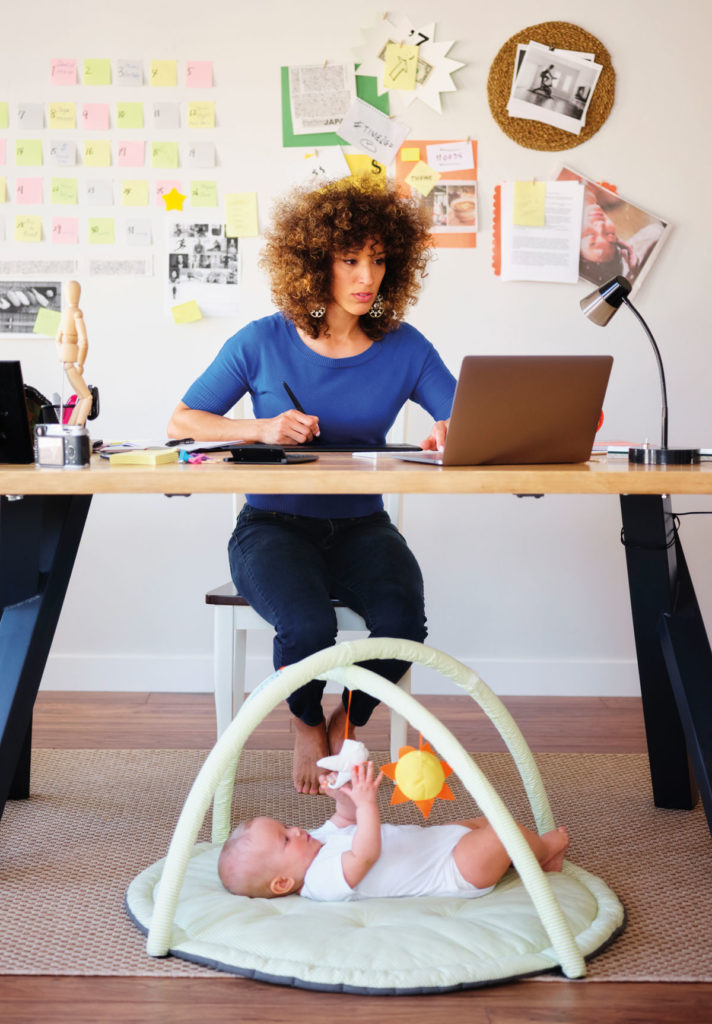
This makes companies prefer hiring men over women, especially at an early stage in their careers when it is likely a woman may want to start a family. This unspoken discrimination can damage a woman’s career progression and salary.
Now, a parent can feel less pressure about choosing between starting a family and balancing work. The earlier a company embraces flexibility, the more likely they are to have higher quality and loyal candidates.
Similar to working mothers, studies also show that people with various mental and physical disabilities are often at a significant disadvantage in the workplace in numerous ways. But now experts say that with this newfound “flexibility”, employers may be more willing to hire workers with disabilities for home-based positions due to less concern about accommodating their needs.
Flexibility is not a thing of the future – it is the now.
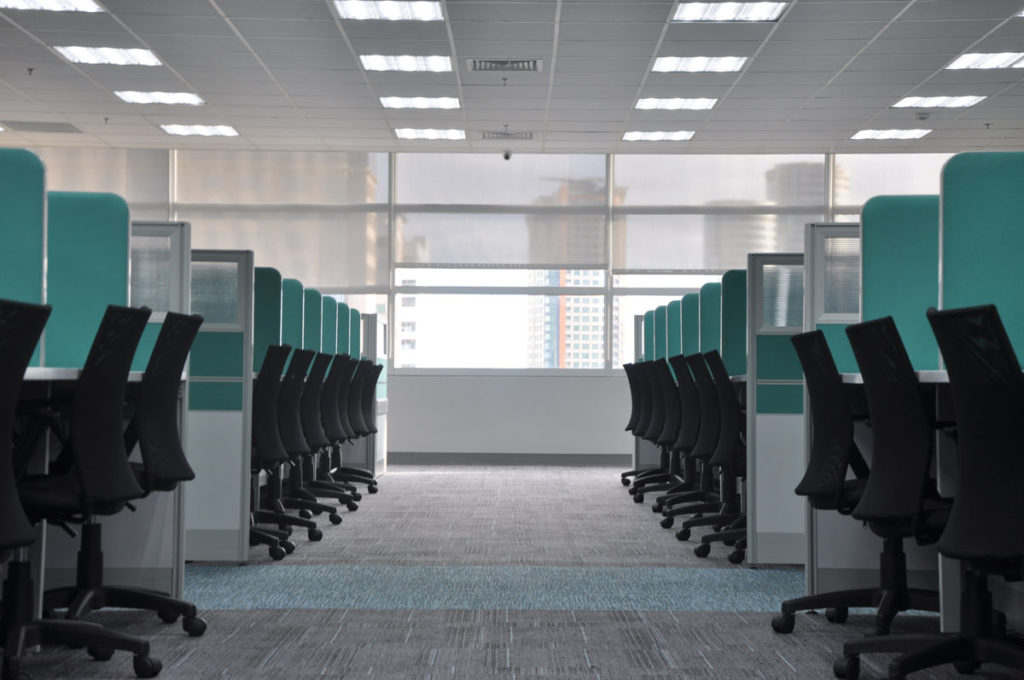
Resilient Business Models
Business owners know that wise portfolio diversification with a crisis-proof product or service can prevent a complete collapse. During the lockdown, some US restaurants turned their spaces into grocery stores or started delivering food. A small traditional Italian pizzeria realised their oven is hot enough to melt plastic, so they started producing Personal Protective Equipment. Similarly, a tiny boardgame manufacturer from Moldova used its 3D printers to produce visors and donate them to undersupplied hospitals. These companies may have adapted out of necessity, whether for pro t or out of citizenship duty, but they emerged from the pandemic with a new business model.
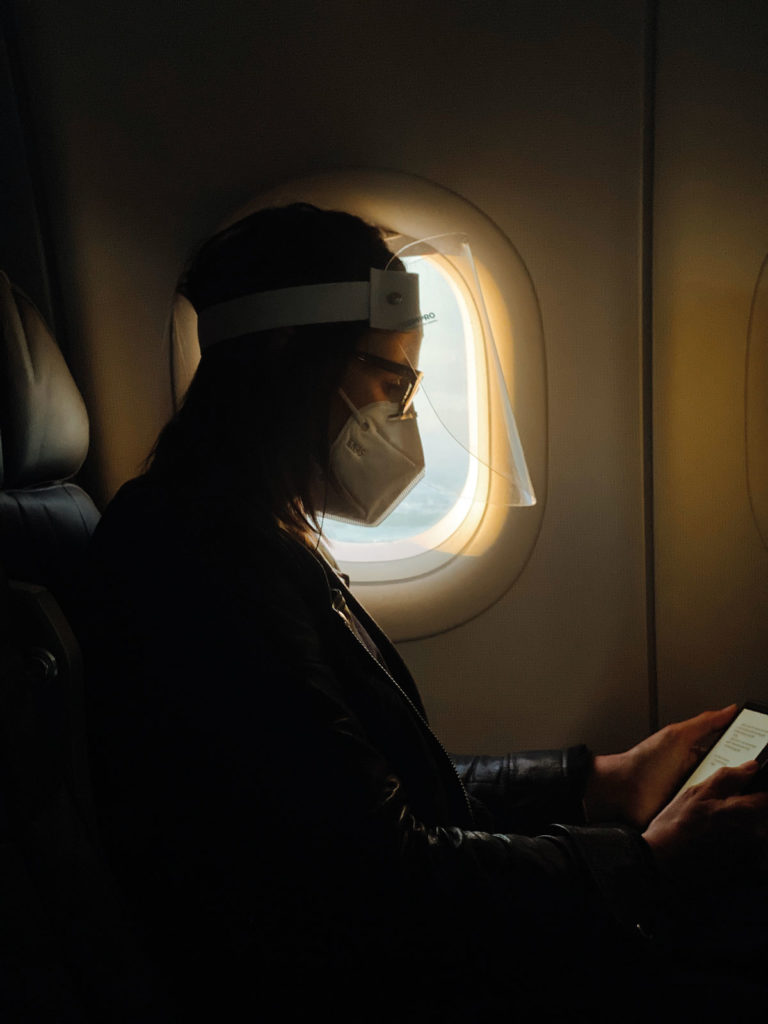
These changes are just a few examples of how much work-life can change in such a short period. Many are questioning and reimagining how work should be done and what the role of the “office” is. According to McKinsey & Company, ultimately the answer is different for every organization.
“A well-planned return to offices can use this moment to reinvent their role and create a better experience for talent, improve collaboration and productivity, and reduce costs,” their website states. “Change will require transformational thinking grounded in facts. Ultimately, the aim of this reinvention will be what good companies have always wanted: a safe environment where people can enjoy their work, collaborate with their colleagues, and achieve the objectives of their organisations.”
Read also: Travel Limitations are Leaving Global Citizens Behind
Companies may have adapted out of necessity, whether for profit or out of citizenship duty, but they emerged from the pandemic with a new business model.
“This story first appeared in the 2021 print issue of Truly Belong under the title “Life With COVID-19”
- St Kitts and Nevis: A Sanctuary for Security, Stability and Citizenship by Investment - 23rd March 2021
- A Timeline of Global Migration - 17th March 2021
- Dominica: A model for climate resiliency - 3rd March 2021

